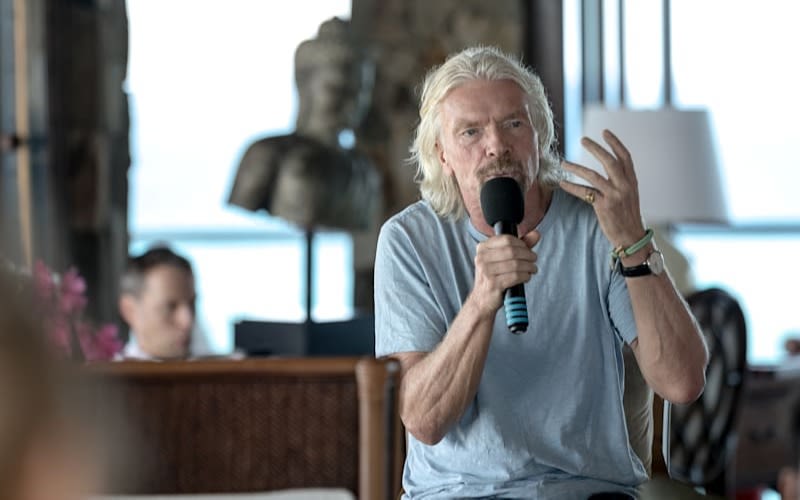The value of dyslexic thinking
Fascinated to read a report which says the skills dyslexic people have such as problem solving and storytelling could help companies meet the challenges of business in the future. Made by Dyslexia have teamed up with Ernst & Young to assess the value of dyslexia – and the results are really interesting.
The report delves into how the world of work is changing fast and how a revolution in skills is needed. Huge advances in technology will continue to challenge and change how we work and automation is creating new roles whilst displacing others, leading to a change in demand for workplace skills.
More than one in 10 people are thought to have dyslexia, according to the report, and the potential impact dyslexics could have on the future of work is huge. It says how dyslexic people hold a unique set of skills that will be really important to business – the ability to think flexibly, creatively and solve really complex problems by thinking differently. Many dyslexics also have great communication skills, which will become really valuable to all businesses as we embrace new technology.
Many people still view dyslexia as a negative, rather than a positive, different way of thinking. In order to celebrate alternative thinking, I have added Dyslexic Thinking to my list of LinkedIn skills – and I urge you to do the same if you are dyslexic.
It was great to discuss the report at the first-ever Made By Dyslexia Summit last night. It’s inspiring talking to a room full of successful dyslexics on how we can help reimagine education to support all types of learning and alternative thinking to help all children to reach their full potential.
My dyslexia has given me a massive advantage in life. It has helped me to think creatively and laterally, and to simplify things, which has been a huge asset when building our Virgin businesses. However, I know how difficult school can be for a dyslexic student. I was branded lazy and stupid because I couldn’t understand what was on the blackboard – it was a jumble to me. While there is a better understanding of dyslexia than when I was at school, I’m often told stories about children who are still struggling now.
We spoke at the summit about the problem of supporting dyslexics in the education system and how an exam-based system sets many dyslexics up to fail. Many dyslexics struggle through school as most aren’t designed for dyslexic thinking; most teachers aren't trained in dyslexia, meaning many go through life without knowing they’re dyslexic.
It was great to hear from Microsoft at the summit, who have built free learning and accessibility tools into Office 365 Education. I'm excited that they’ve partnered with Made By Dyslexia to provide free teacher training, which will be launched next year. Helping teachers, educators and parents to understand dyslexia is the first step to unlocking the support dyslexics need to reach their potential.
We should be supporting children with dyslexia to realise their potential, starting at school and running right through to the world of work. Made by Dyslexia is calling on policymakers and schools to ramp up their efforts to better identify dyslexics early on and introduce more supportive ways of teaching dyslexic students. We should stop trying to get all children to conform to thinking the same way. Let’s support our children and celebrate their imagination, creativity and problem solving – the skills of the future.



